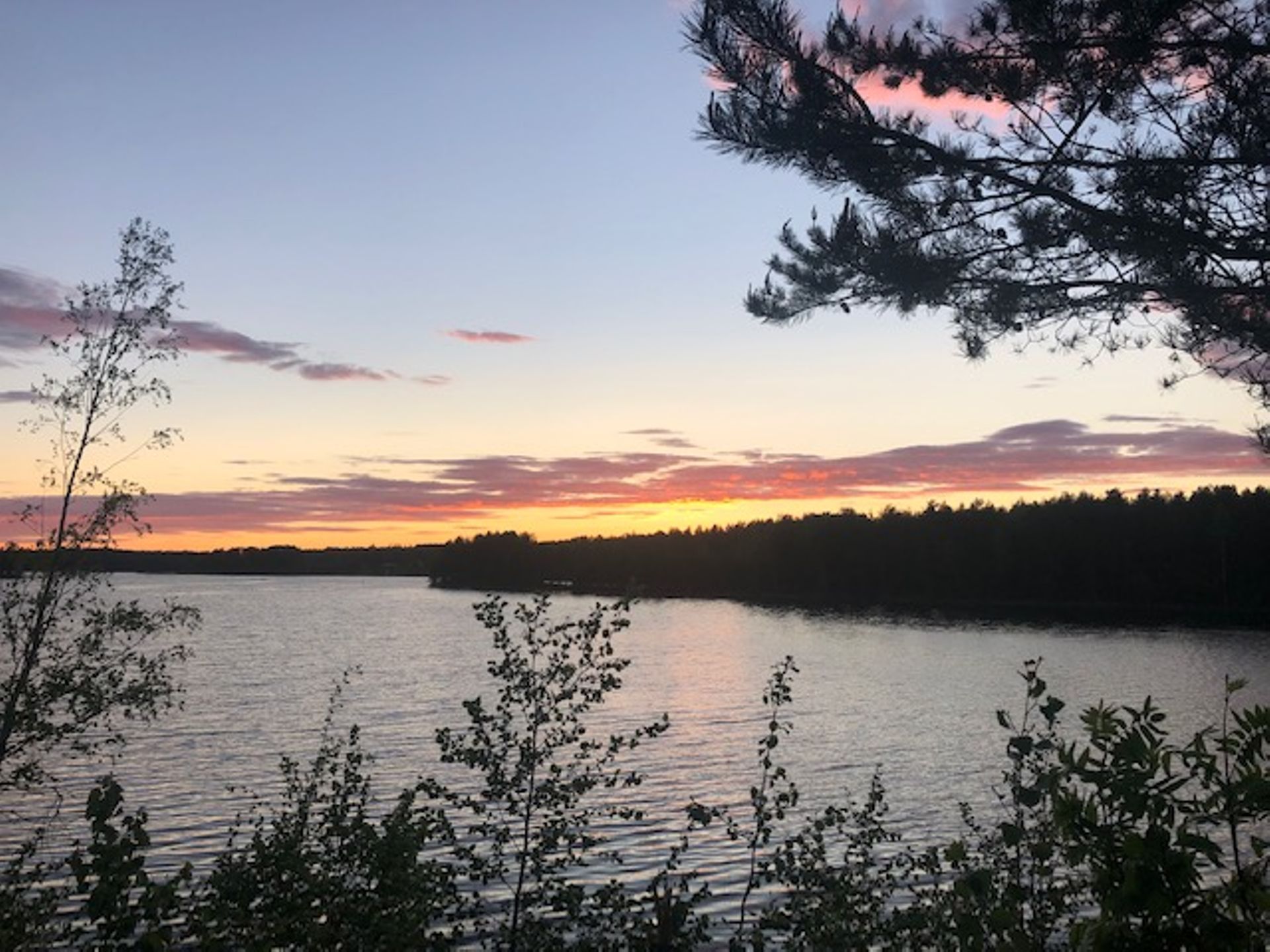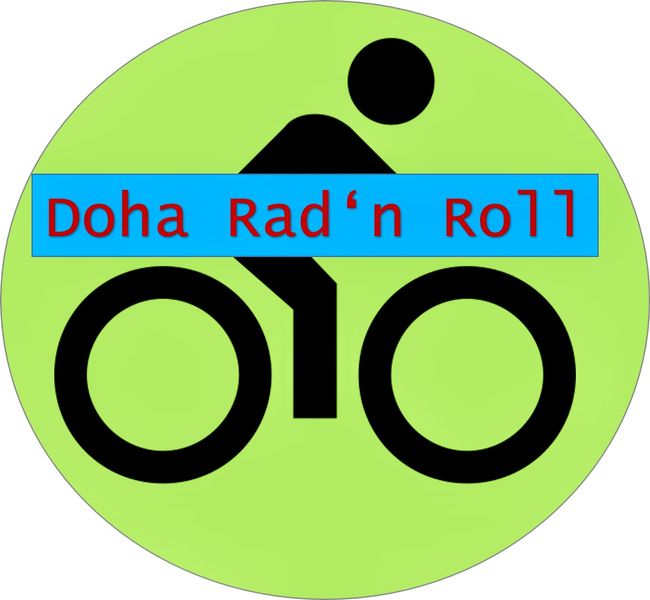Salamanca, Zamora and Valladolid
Հրատարակվել է: 27.05.2024
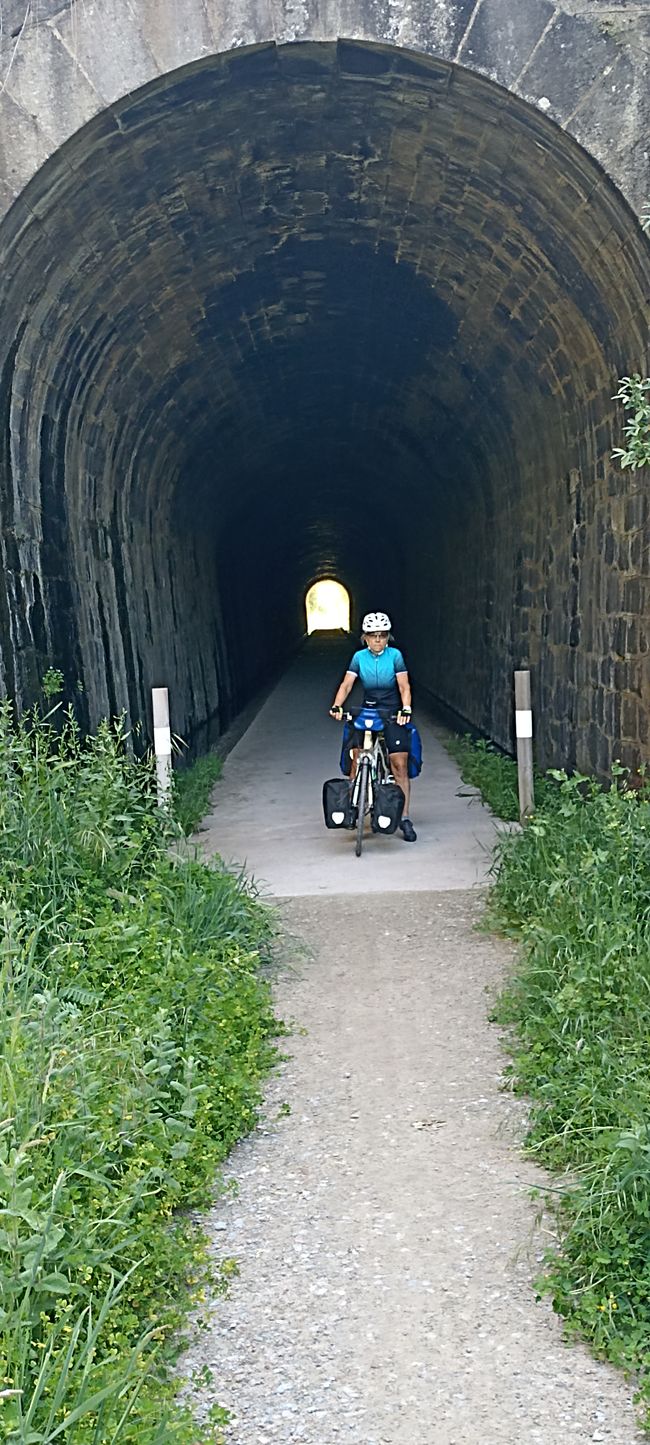
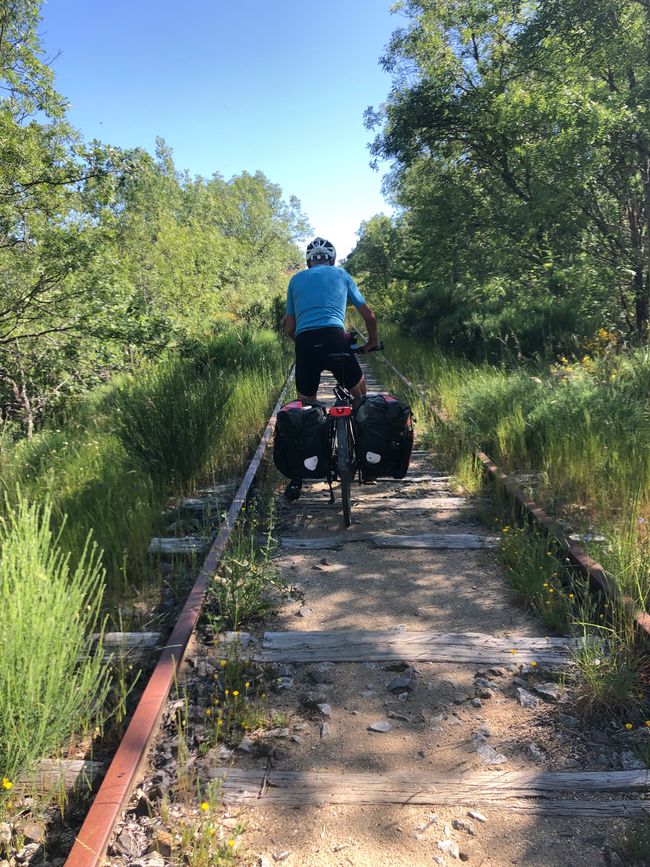
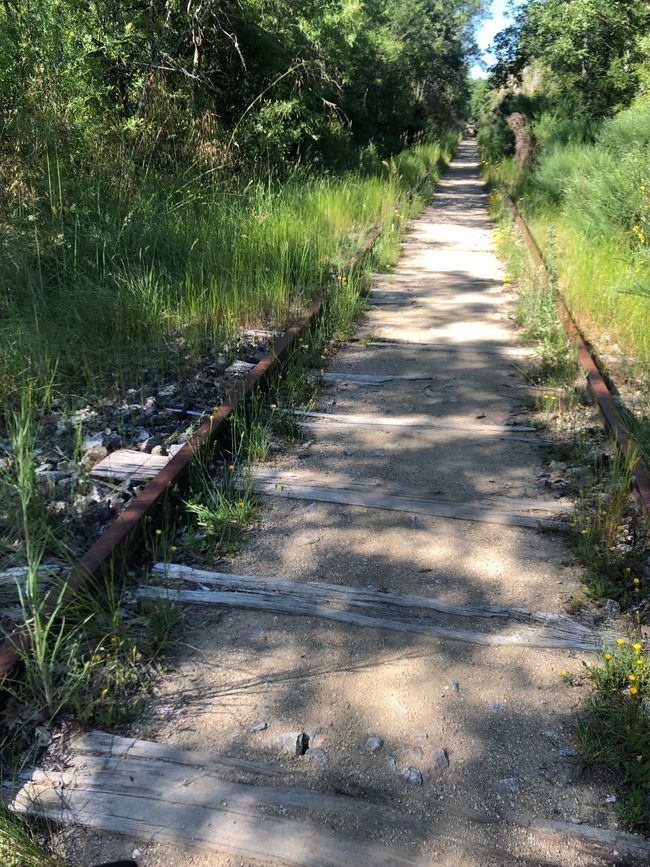
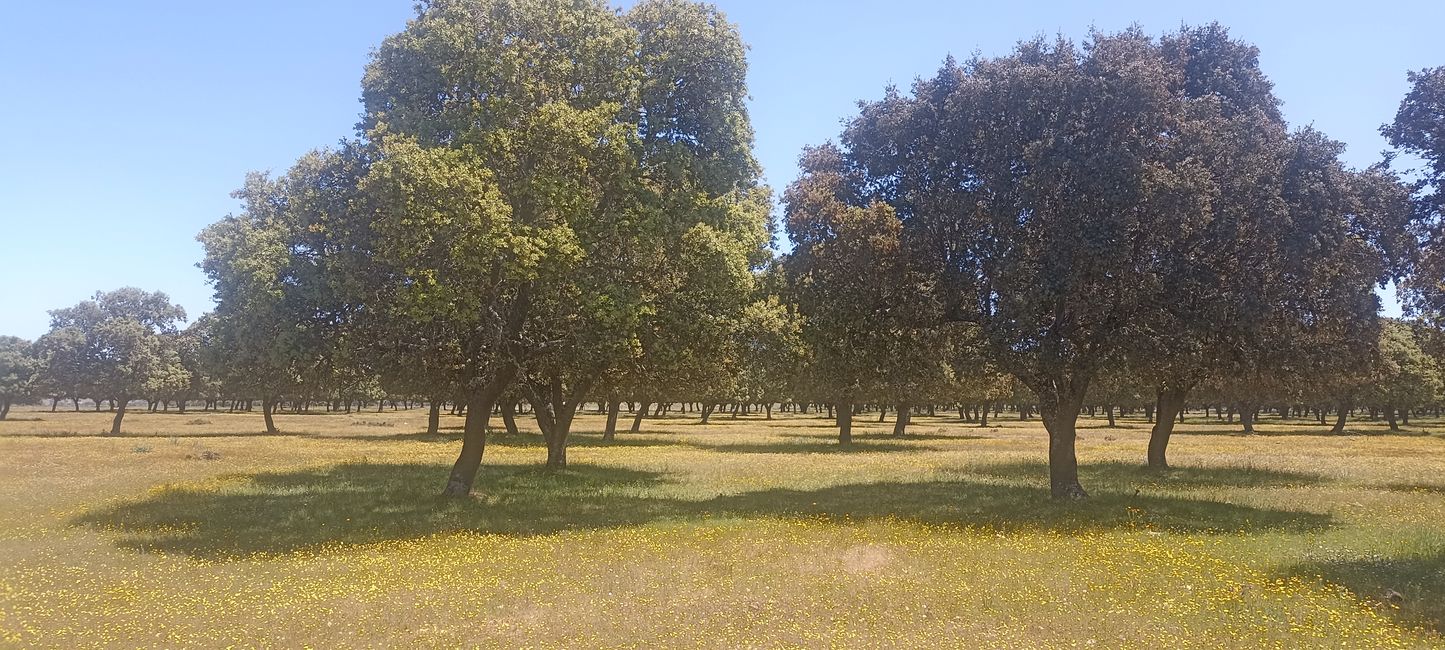
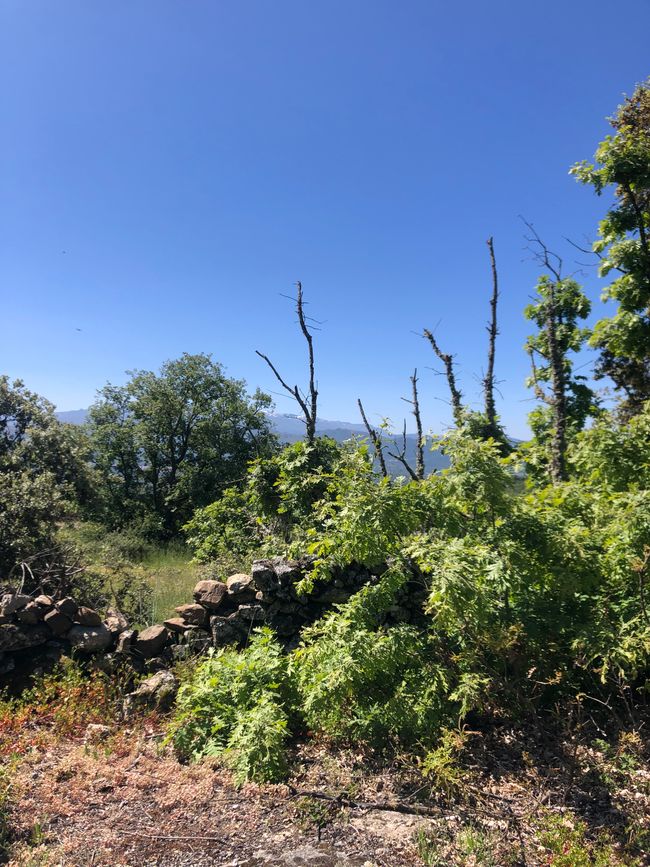
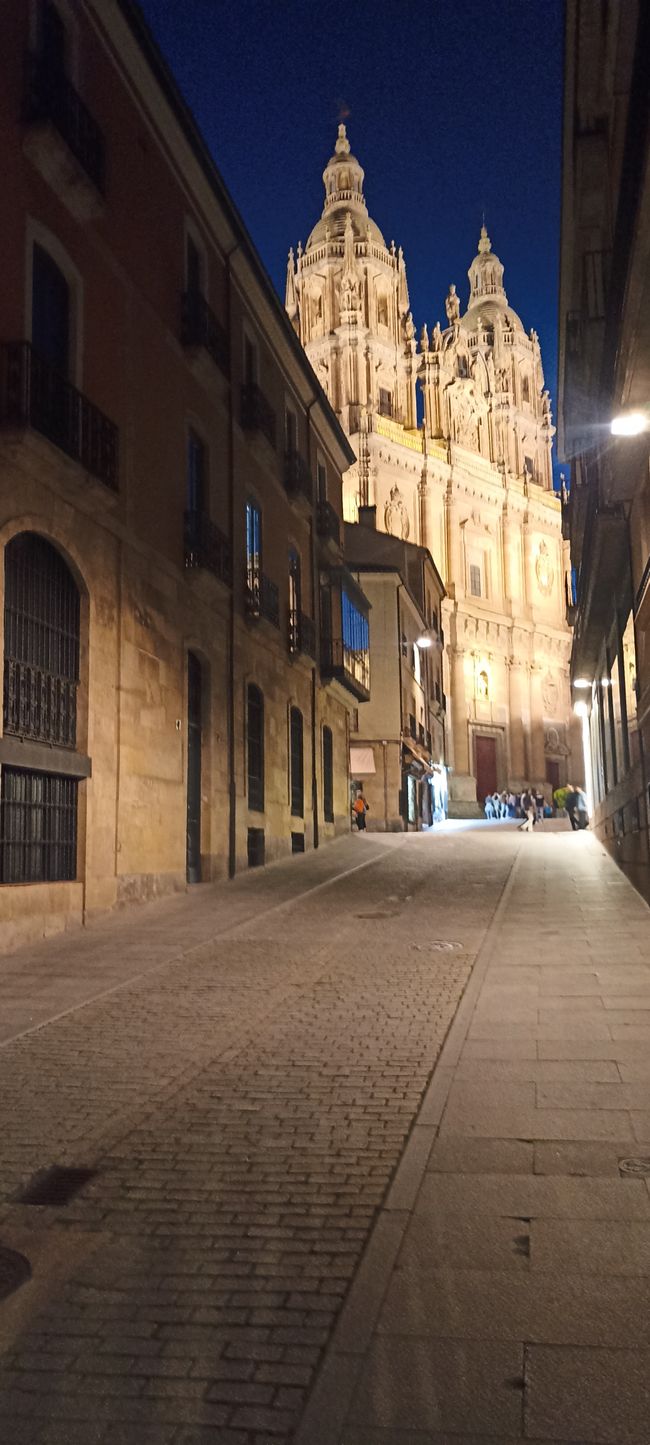
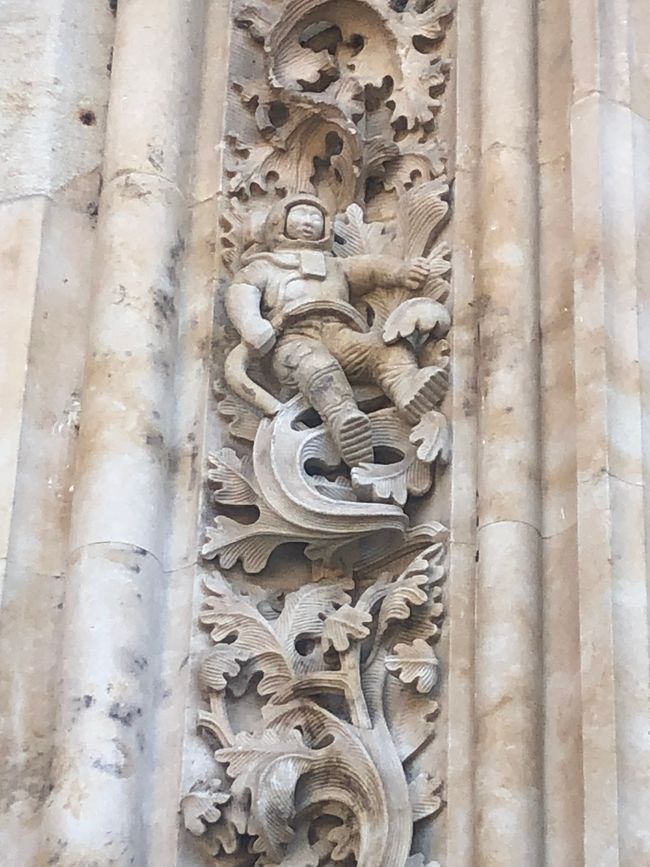
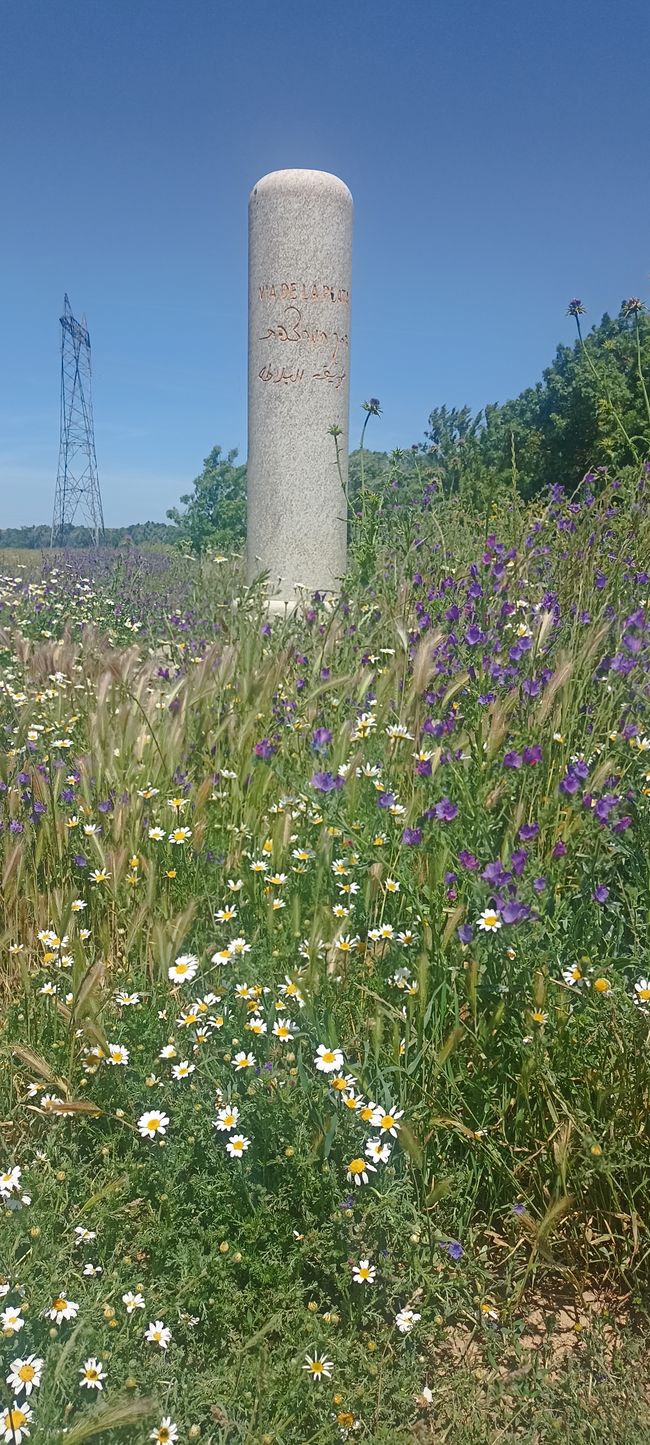
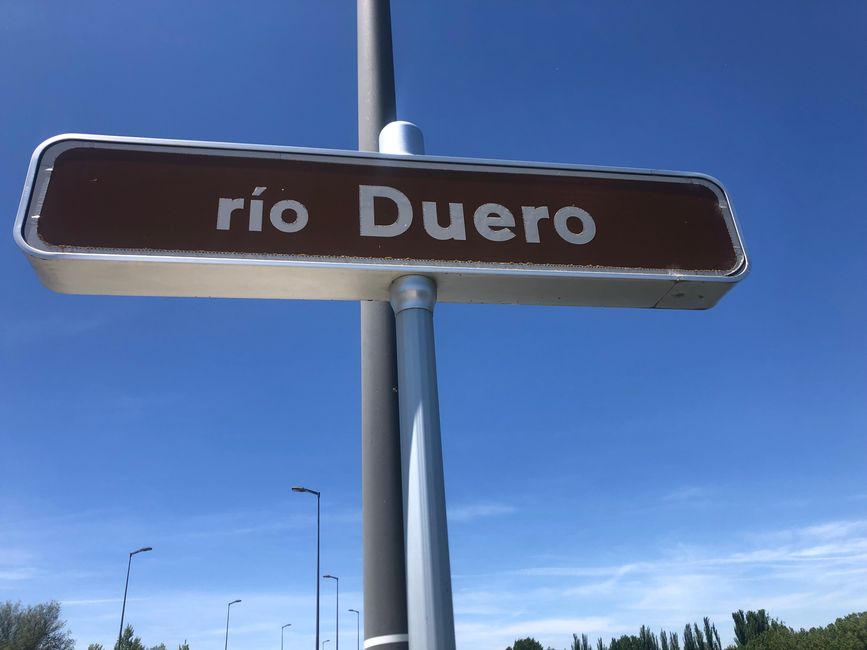
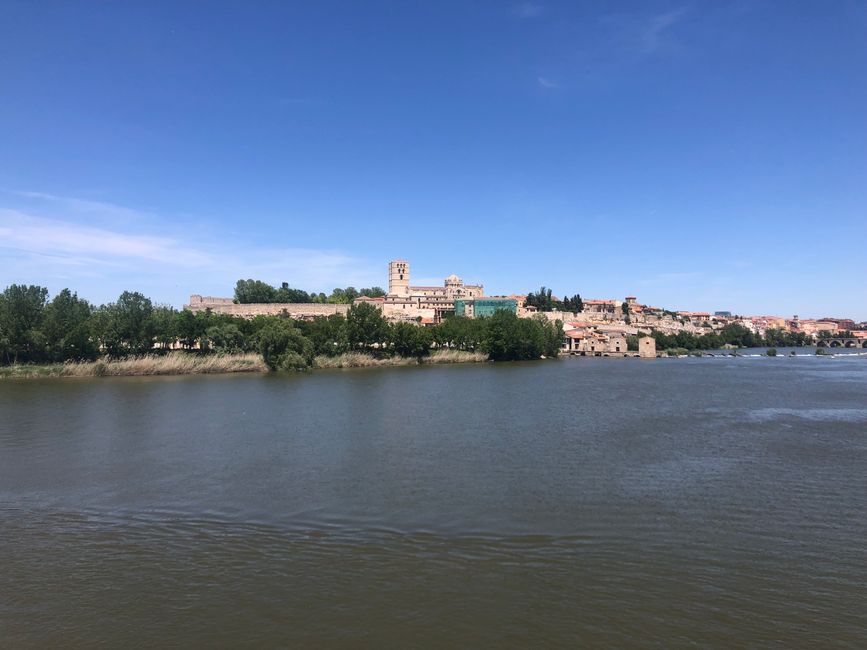
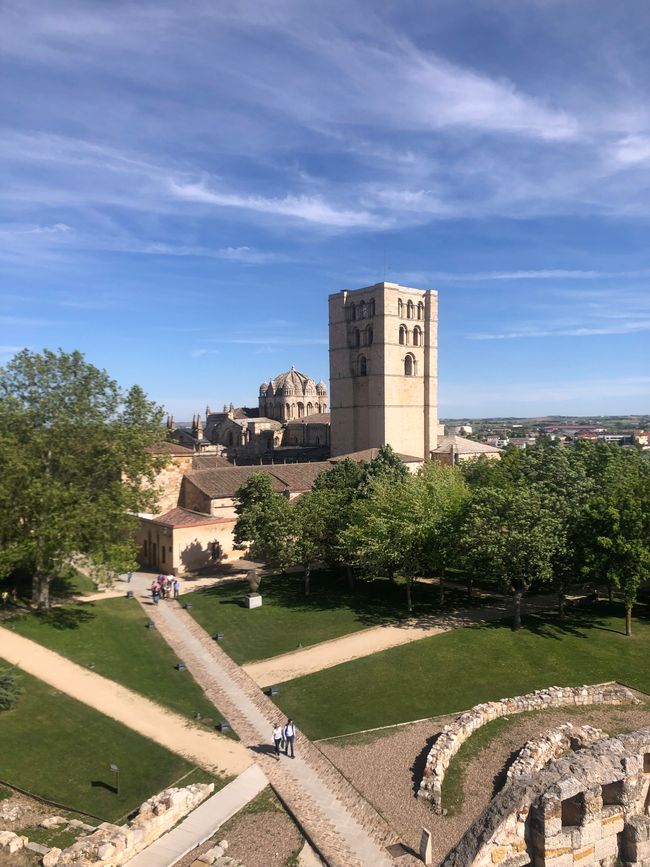
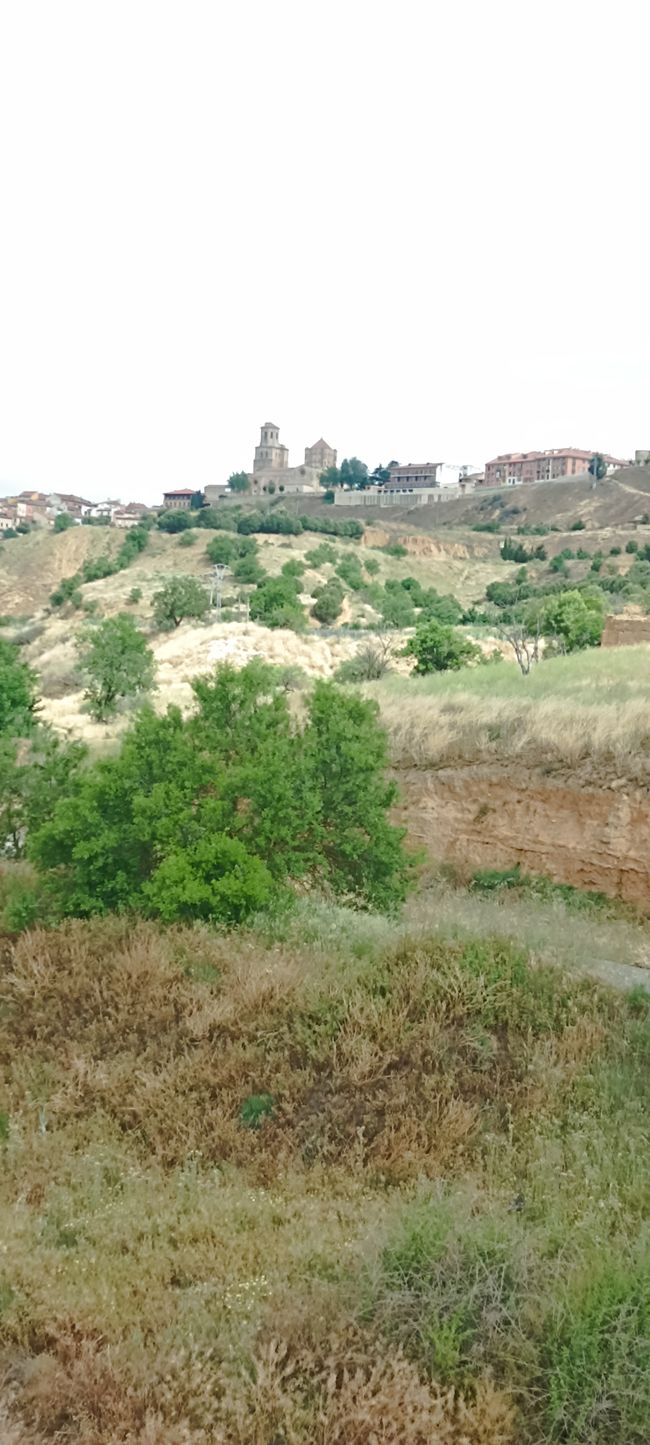
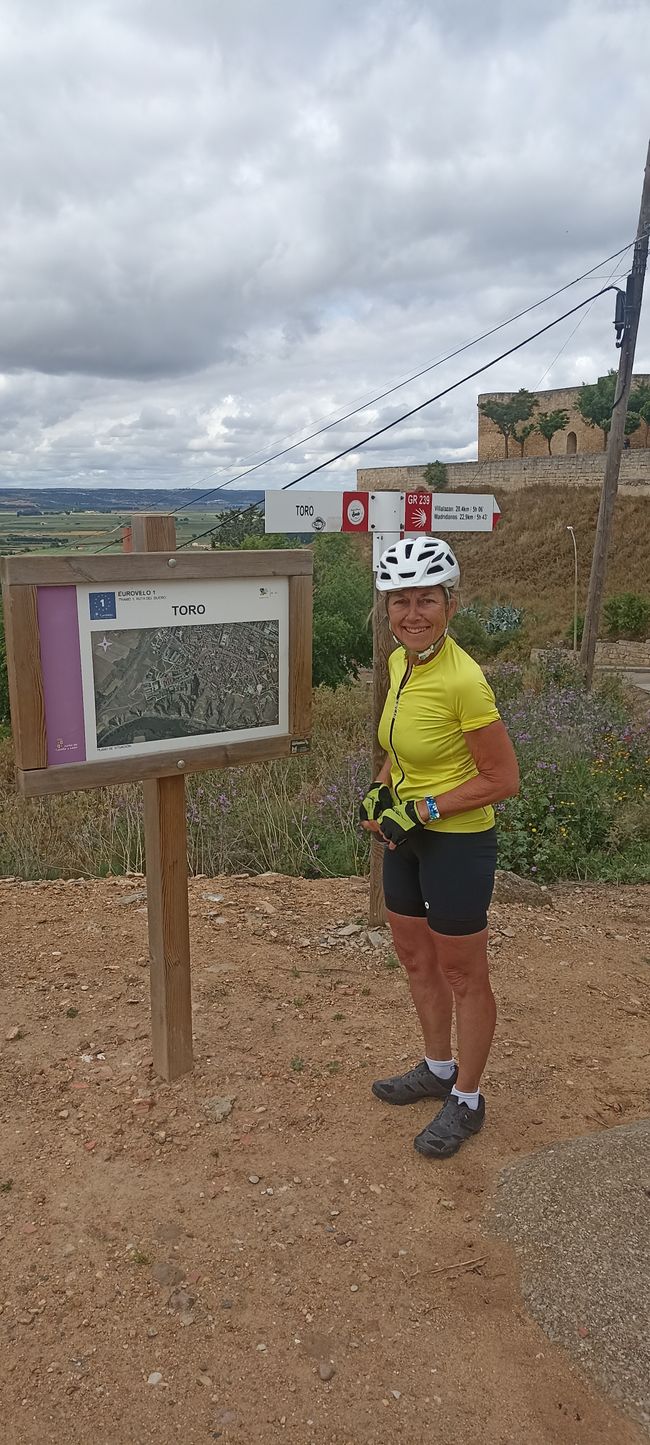
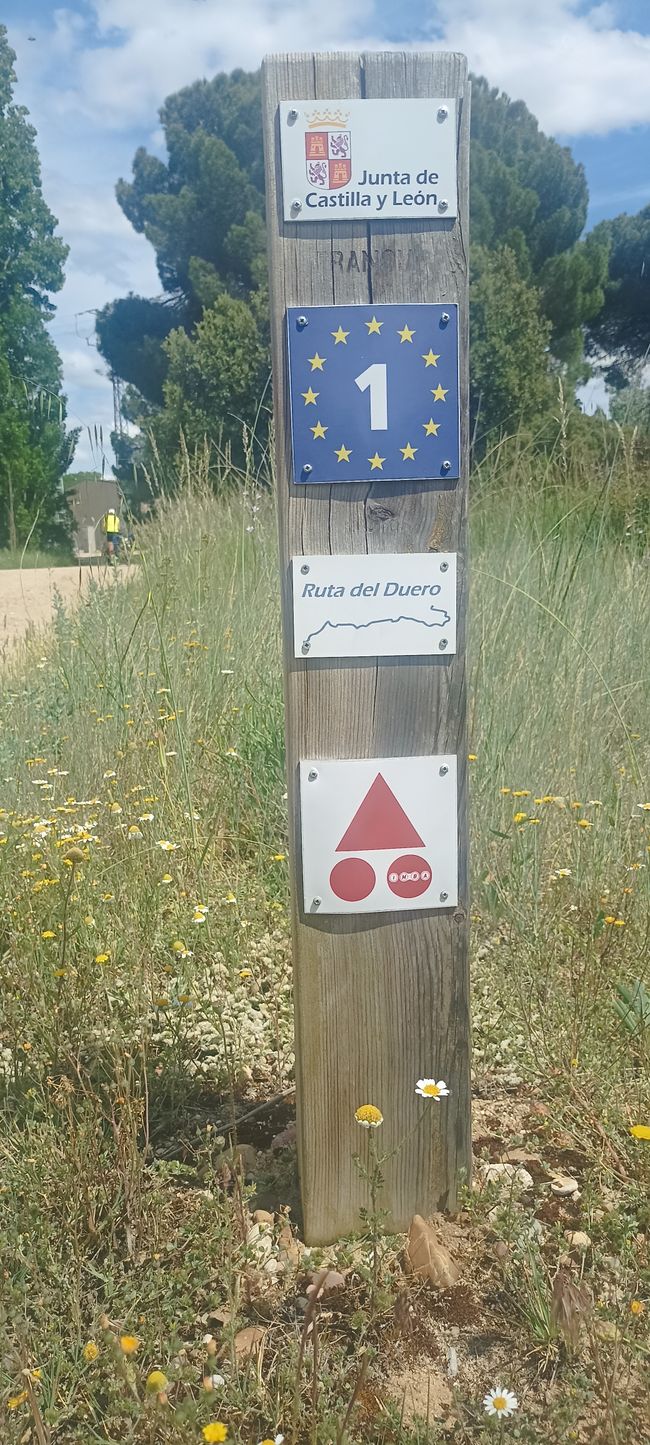
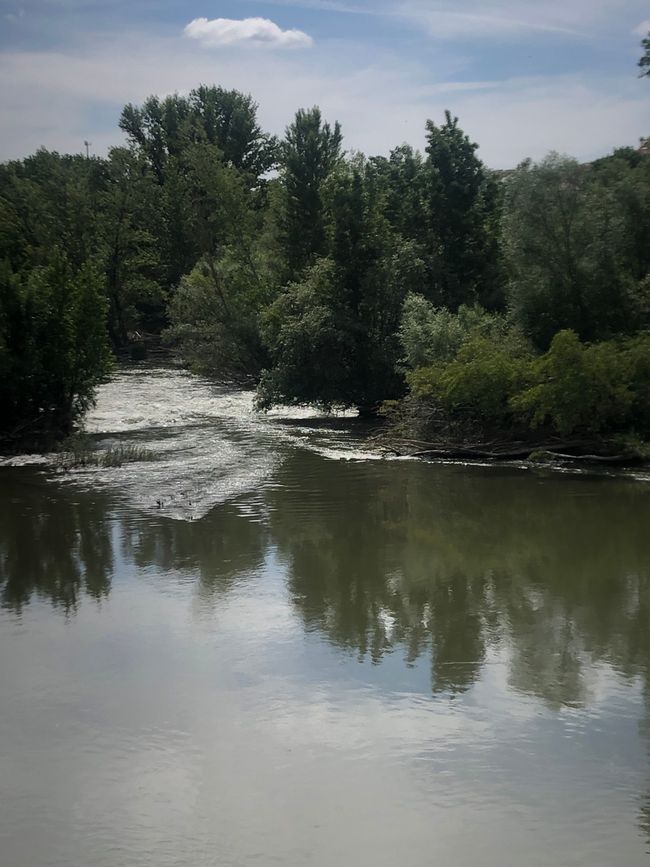
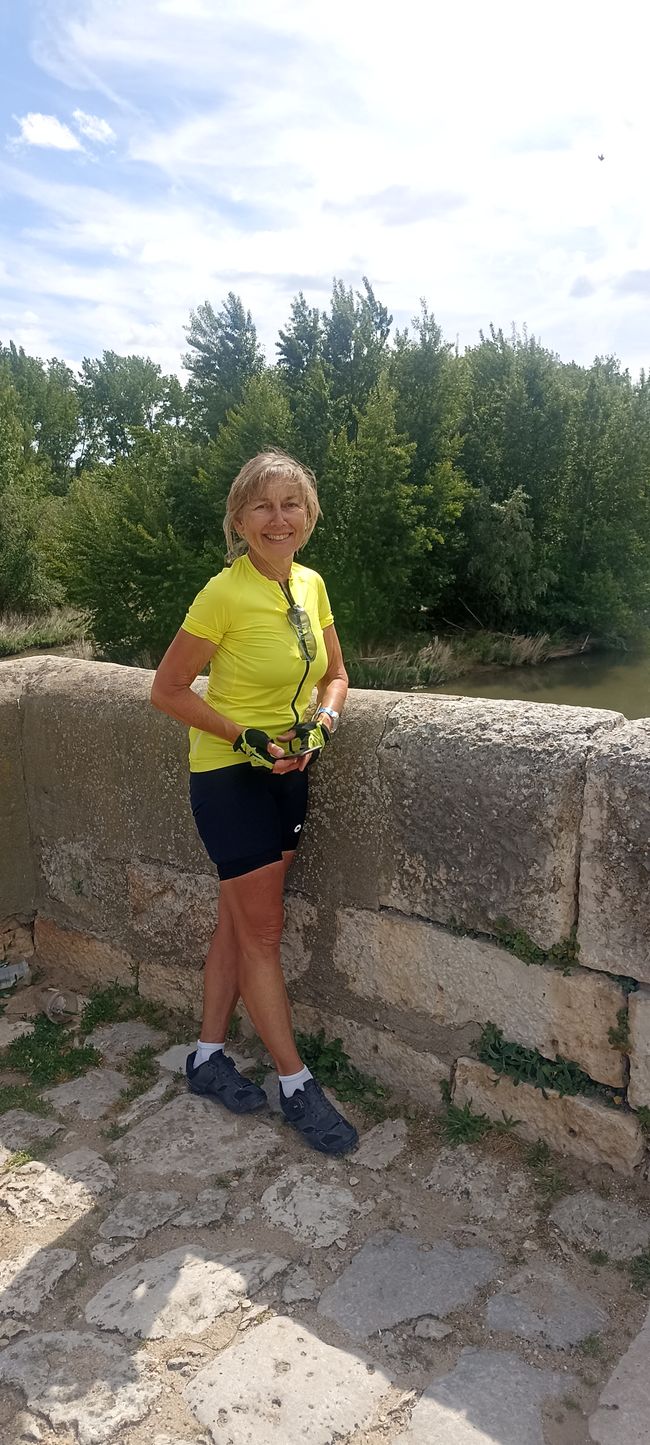
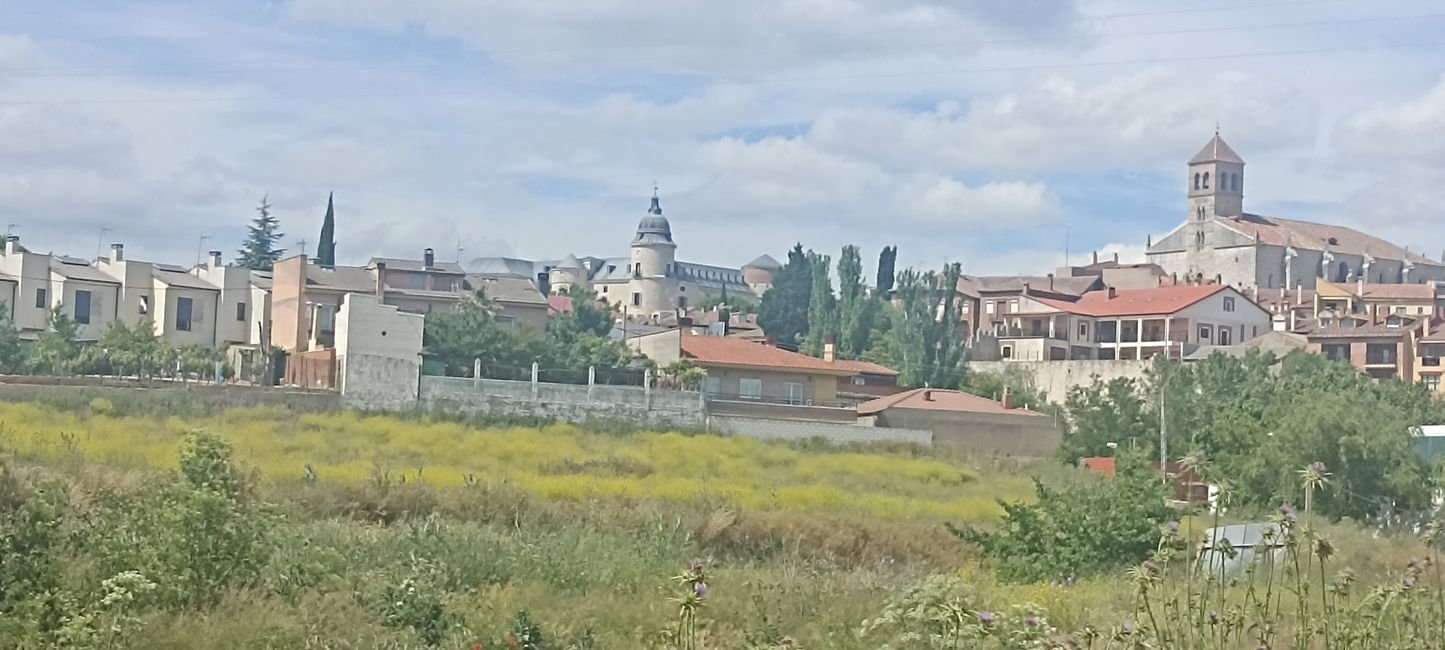
Բաժանորդագրվել տեղեկագրին
EV Cycling Day 17 (24 May): La Garganta - Bejar - Salamanca 95 km
After breakfast we say goodbye to our hosts Magdalena and Martin and are grateful for their warm hospitality. We would be delighted to welcome them both in Basel. For us, after this day, La Garganta has become La Giganta. In Puerto de Bejar we meet the Via de la Plata again, the old railway line, which we stay on until Navalmoral de Bejar. For the last few kilometers we drive directly on the old track with rails and sleepers - very bumpy. After that we only travel on side roads with little or no traffic. We are now in the province of Castile-Leon, but in this part there is no difference to Extremadura. The roads lead through the Dehesa, the grazed oak groves with flowering meadows and many herds of cows. It is difficult to imagine who looks after the huge areas, because there are only a few farms. It goes up and down cheerfully. In Guijelo we stop at the Plaza Major for a sandwich with what is supposedly the best jamon in Spain. After that, it remains lonely on the country roads with small villages. Just 20 km from Salamanca, we come across the well-known N 630, which takes us safely to Salamanca as usual. The city appears completely different compared to our last visit just over three weeks ago - life is pulsating, there are people everywhere. After a beer on the Plaza Mayor, we look for the astronaut on the portal of the cathedral, which a left-wing stonemason carved into the stone as a sign of resistance to the Franco regime.
EV Cycling Day 18 (25 May): Salamanca - Zamora 70 km
We leave the beautiful city of Salamanca in bright sunshine but still cool temperatures. On the outskirts of the city we meet a group of ten British cyclists who are heading for Santander and, like us, want to go to Zamora today. They are travelling with gravel bikes and light luggage and treat themselves to a nice hotel in the evening. Two years ago they were travelling together on the Via Francigena (EV 5) from Canterbury to Rome. Later we meet a 77-year-old Spaniard who has done the Camino Levante from Valencia to Zamora with his daughter and is now travelling further south. So there is hope that we will be able to do such cycling trips for a while.
On the way to Zamora we are not challenged much. After almost 50 reliable kilometers on the N 630 we turn off so that we can drive on some more gravel 😃. Soon we see Zamora with its castle and cathedral in the distance and feel a little like the riding couriers in the Middle Ages who finally see their destination after a long and difficult ride.
Zamora, a fortified town on the Roman Via de la Plata directly above the Duero, has a number of attractions, such as the 12th century cathedral and the large fortifications, which were of great importance from the 11th to the 14th century. During the city's heyday in the Middle Ages, a large number of churches were built within the city walls, all of which can still be visited today. The city's wealth through trade is also reflected in the beautiful bourgeois palaces from the late 19th and early 20th centuries.
EV Cycling Day 19 (26 May): Zamora - Tordesillas - Valladolid 105 km
When we leave Zamora in the morning via the Duero, it is still cool. We cycle comfortably along lonely country roads until, after 30 km, we see the imposing silhouette of Toro. 100 meters in altitude and we are standing in front of the 12th century cathedral. It is incredible what cultural highlights this country has to offer. There is a wine festival in Toro, which can be seen from the fact that everyone is walking around with a bib around their neck with a wine cup hanging in it. Unimpressed by this outfit, we decide to drive further than planned - to Valladolid. We take the N 122 to Tardesillas, which we make good progress on. In Tardesillas, we come to the plaza right in the middle of the celebrations for reaching the playoffs of the fourth Spanish league. What a joy!
Then we search for the way on lonely gravel roads along the Duero. The Spanish cycle path planners were particularly diligent here and offer four(!) options. After around 10 km, they all meet up again. For almost 20 km we cycle on gravel, sometimes better, sometimes worse, until the view of the beautifully situated village of Simancas makes up for the effort of the gravel. We cross the Duero over an old stone bridge and then come to the middle of the city of Valladolid via well-developed cycle paths. Here, too, there is a lot of history, as this city was the capital of the Kingdom of Castile from the 14th to the 16th century and the capital of Spain for a few years at the beginning of the 17th century. The cathedral and the Plaza Mayor are testaments to this period. After a tour, we enjoy tapas and a very good Ribera del Duero.
Wine recommendation: Finca Villacreces 2019
Բաժանորդագրվել տեղեկագրին
Պատասխանել (3)
👍 und Guten Wetter und gute Wein. Sie haben es gut
Harald
Lieber Dirk, danke für die Rückmeldung. Du.hast wirklich Recht, uns geht es gut. Liebe Grüße nach Flandern Willi
Für dich liebe Dominique..............»Das hab‘ ich noch nie vorher versucht, also bin ich völlig sicher, dass ich es schaffe.« Pippi Langstrumpf
und für dich Harald....Schaunmer mal, dann sehn mer scho. Franz Beckenbauer
Ich bin wieder einmal sehr beeindruckt von eurer bisherigen Tour. Gute Fahrt und herzliche Grüße Willi